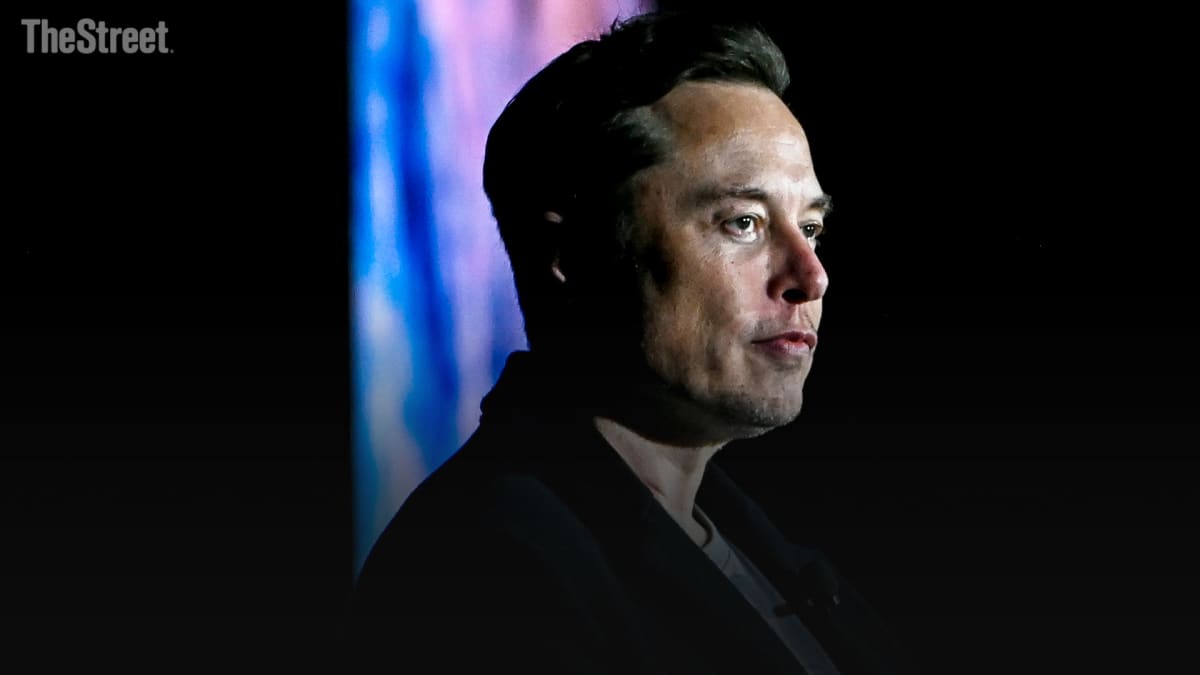
He continues to work on his international profile.
More than a year after being propelled onto the international geopolitical scene, Elon Musk, the billionaire entrepreneur, continues to increase his influence and his power.
A few days after Russia's February 2022 invasion of Ukraine, Musk took a firm stand, ending the tradition of business leaders remaining neutral in geopolitical conflicts. In this conflict, presented by the West as the clash between democracies -- Ukraine and its NATO supporters and allies -- and dictatorships -- Russia -- Musk played a decisive role.
After he was one of the first CEOs of a multinational to voice support to Ukraine, he offered Starlink to the Ukrainians. This satellite internet access service enabled Ukrainians to circumvent Russian propaganda and tell their version of the war.
Starlink, which is considered very secure, became the only communication system for Ukrainian forces in the front lines after Russia destroyed most of the country's communications infrastructure.
The leading role of Starlink, which is developed by SpaceX, the rocket and satellite service Musk founded, has built the his international reputation and made him one of the new voices that matter on the geopolitical scene.
Netanyahu Sings Musk's Praises
This newfound popularity and power continues to grow. With each natural disaster, each uprising or protest in a country, the populations call Musk and Starlink for help. And the billionaire responds.
Such was the case recently when he provided Starlink to help the Sudanese refugees in Chad. He also provided Starlink to Italy's northern Emilia-Romagna region to support rescue and recovery efforts from severe flooding, and to Iranian citizens protesting the Islamic regime.
All these efforts suggest that Musk wants to fill what he sees as a leadership void in geopolitics. He wants to become the figure to be called upon in an emergency or even when a lesser problem needs a solution.
In the U.S. the billionaire continues to face strong criticism. People classify him as a megalomaniac and see him as a traditional billionaire wanting to use his fortune to have his way. His recurrent attacks on progressives have also made him a divisive figure. But on the geopolitical scene, heads of state are rolling out the red carpet for him.
The latest is Israeli Prime Minister Benjamin Netanyahu, who on June 5 tweeted that he had recently had discussions with Musk. What is interesting here is to see that it was the political leader himself who proudly revealed the talk with the billionaire entrepreneur.
Netanyahu praised Musk's "genius" and called his impact "formidable."
"Had an insightful talk on AI with @elonmusk, whose genius & impact on humanity are formidable," Netanyahu praised the Tesla leader. "I will soon assemble experts to develop a national AI strategy for Israel. Just as we turned Israel into a cyber powerhouse, we'll repeat that success in AI!"
Musk, who recently made it his mission to warn against the dangers of artificial intelligence, or AI, welcomed the compliments.
"Thank you for recognizing concerns about safety of digital superintelligence, which affects all of humanity," the billionaire commented.
Musk Has the Ear of a Number of Heads of States
Netanyahu's announcement shows that Musk has the ear of heads of state around the world. It reinforces the tech mogul's influence.
Musk for several years now has been calling for regulation of AI. His calls have become more pressing after the worldwide success of ChatGPT, a conversational chatbot that gives human-like responses to requests.
ChatGPT is the face of the progress AI tech has made. The chatbot and its competitors like Bard and other powerful tools have shown that the revolutionary technology has taken a leap forward to the point where robots now do certain tasks better than humans do.
Nine years ago, the tech mogul was already comparing AI to a nuclear weapon.
"Worth reading Superintelligence by Bostrom. We need to be super careful with AI. Potentially more dangerous than nukes," he warned.
With AI the biggest concern is that the technology will evolve to sci-fi scenarios: Chatbots and robots, currently controlled by humans, might escape this control. Some also fear that bad actors will use AI to advance their agendas.
The focus is on artificial general intelligence, or AGI. The term refers to AI systems that can emulate humans -- basically, chatbots or robots that can perform any tasks that humans can do and even do them better. This is the goal players in the sector seek, and the consequences for humanity can be enormous.







